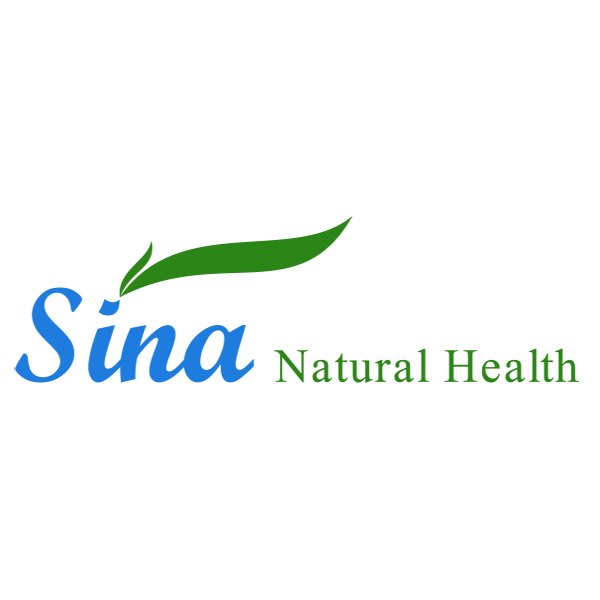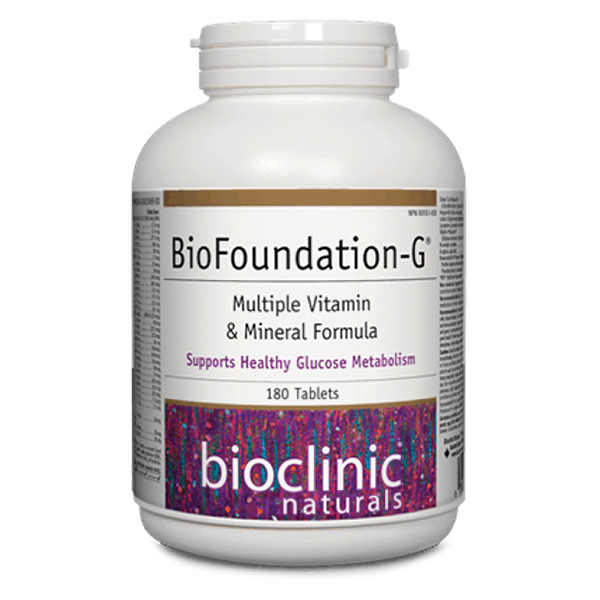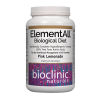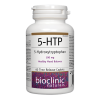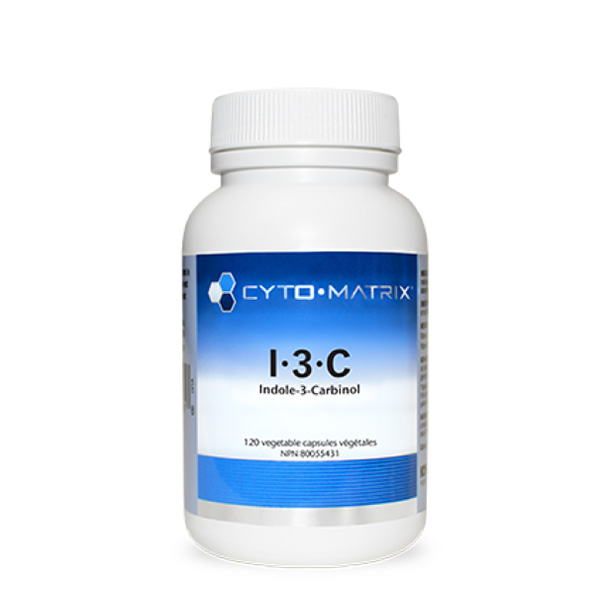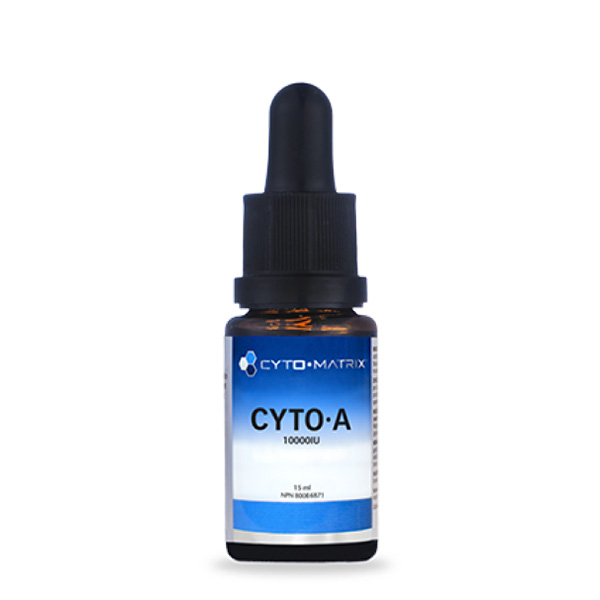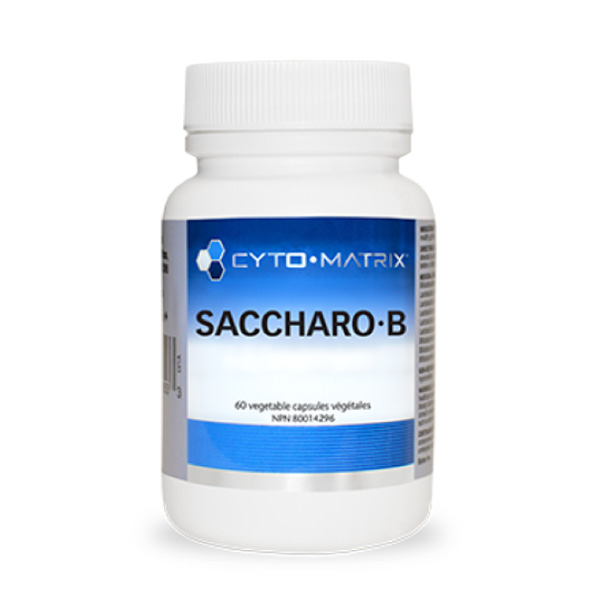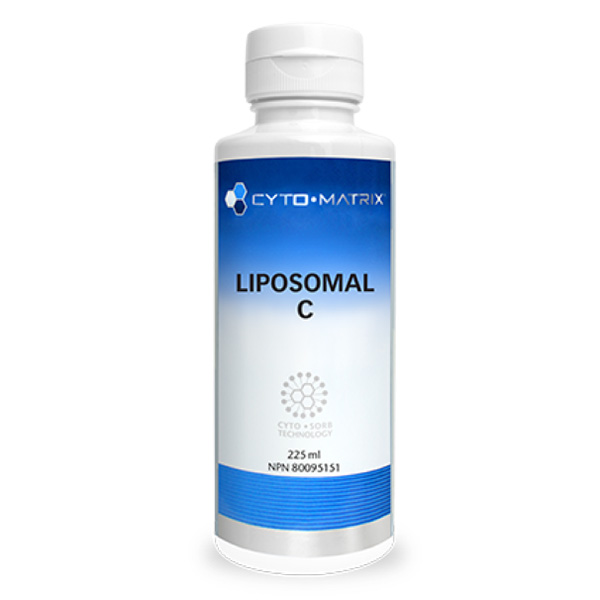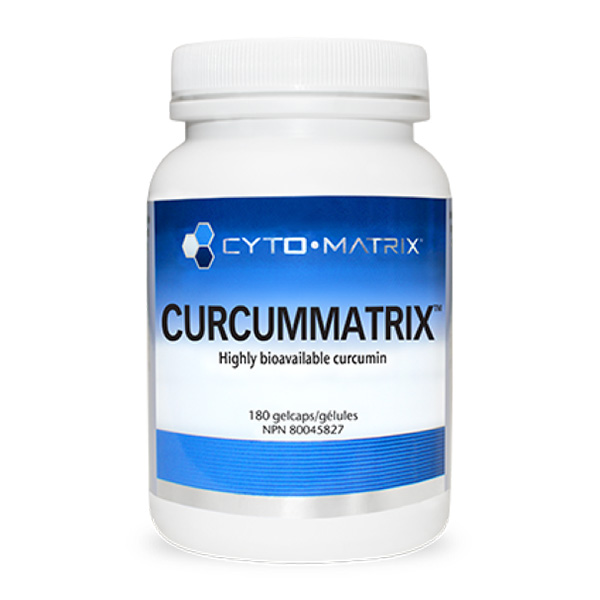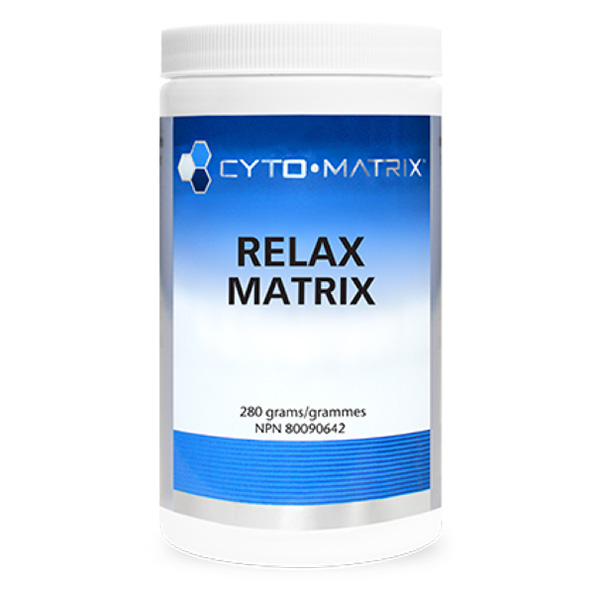Bioclinic – BioFoundation-G
$56.99
Multiple Vitamin & Mineral Formula
180 Tablets ( SKU: 9476, NPN: 80051438 )
In stock
Benefits
- A full spectrum of vitamins and minerals
- Provides rate-limiting nutrients for glutathione production, necessary for xenobiotic detoxification
- Contains clinical doses of resveratrol, lipoic acid, CoQ10, milk thistle, and green tea extract
- Broad-spectrum antioxidant support, including bilberry and citrus extracts, lipoic acid, lycopene, and lutein
- Highly bioactive and bioavailable nutrients, such as pyridoxal-5-phosphate and vitamin K2 (Menaquinone 7)
Feature Summary
BioFoundation-G is a comprehensive vitamin and mineral supplement to support healthy living in the modern world. A broad-spectrum and highly bioavailable multivitamin and mineral, BioFoundation-G’s formulation uses clinically driven research to provide the nutritional foundation needed for the modern environment. This complete multivitamin and mineral formula contains clinical doses of nutrients such as N-acetyl-cysteine and R-alpha-lipoic acid, well established to increase cellular levels of glutathione, the most prevalent intercellular antioxidant.1,2,3 Glutathione is one of the most important conjugators of numerous environmental and endogenous toxins. It is known to be depleted not only by xenobiotics, but also by chronic conditions such as inflammatory and neurodegenerative diseases.4,5,6,7,8
Glutathione support is linked to lower rates of cell death and apoptosis.9 BioFoundation-G provides physiologically relevant doses of hepatoprotectors such as milk thistle, antioxidants, mitochondrial bioenergetic enhancers such as CoQ10, and co-factors for critical detoxification enzymes.10,11 It also provides the biological modifiers natural trans-resveratrol and green tea phytosome, two nutrients shown to have anti-inflammatory, weight management, anti-aging, cardiovascular, and stress-related benefits.12,13,14,15
Medicinal Ingredients
| Each Tablet Contains: | Daily Dose: | |
| Vitamin A (Palmitate) | 500 IU (150 mcg RAE) | 1500 IU (450 mcg RAE) |
| Vitamin B1 (Thiamine Hydrochloride) | 4.2 mg | 12.6 mg |
| Vitamin B2 (Riboflavin) | 4.2 mg | 12.6 mg |
| Vitamin B3 (Niacin) | 12.5 mg | 37.5 mg |
| Vitamin B3 (Niacinamide) | 33.3 mg | 100 mg |
| Vitamin B5 (Pantothenic Acid) (Calcium d-Pantothenate) | 16.7 mg | 50 mg |
| Vitamin B6 (Pyridoxine Hydrochloride) (Pyridoxal 5-Phosphate) | 2.5 mg | 7.5 mg |
| Biotin | 8.3 mcg | 25 mcg |
| Betaine Hydrochloride | 16.7 mg | 50 mg |
| Folate (from (6S)-5-Methyltetrahydrofolic Acid (MTHF), Glucosamine Salt, Quatrefolic®) | 83 mcg | 249 mcg |
| Vitamin B12 (Methylcobalamin) | 167 mcg | 501 mcg |
| Para-Aminobenzoic Acid (PABA) | 4.2 mg | 12.6 mg |
| Choline (Bitartrate) | 4.2 mg | 12.6 mg |
| Inositol | 4.2 mg | 12.6 mg |
| Vitamin C (Ascorbic Acid) | 167 mg | 501 mg |
| Vitamin D3 (Cholecalciferol) | 333 IU (8.3 mcg) | 999 IU (25 mcg) |
| Vitamin E (d-Gamma Tocopherol) | 33.3 mg | 100 mg |
| Vitamin K2 (Menaquinone) (MK-7) (Natto Bean) | 7.5 mcg | 22.5 mcg |
| Boron (Citrate) | 41.7 mcg | 125 mcg |
| Calcium (HVP* Chelate) | 16.7 mg | 50 mg |
| Chromium (Polynicotinate) | 33.3 mcg | 100 mcg |
| Copper (HVP* Chelate) | 170 mcg | 510 mcg |
| Iodine (Ascophyllum nodosum) (whole plant) | 50 mcg | 150 mcg |
| Magnesium (HVP* Chelate) | 33.3 mg | 100 mg |
| Manganese (Citrate) | 0.8 mg | 2.4 mg |
| Molybdenum (Citrate) | 66.7 mcg | 200 mcg |
| Potassium (Citrate) | 6.8 mg | 20.4 mg |
| Selenium (Selenomethionine) | 33.3 mcg | 100 mcg |
| Vanadium (Citrate) | 2.5 mcg | 7.5 mcg |
| Zinc (Citrate) | 2.5 mg | 7.5 mg |
| Bilberry Extract (Vaccinium myrtillus) (36% Anthocyanosides) (fruit) | 6.6 mg | 20 mg |
| Citrus Bioflavonoids 4:1 Extract (Citrus limon, Citrus sinensis, Citrus paradisi, Citrus reticulata, Citrus aurantiifolia) (fruit) | 8.3 mg | 25 mg |
| Coenzyme Q10 (Microorganism) (whole cell) | 8.3 mg | 25 mg |
| Green Tea Phytosome® (Camellia sinensis, Glycine max) (13% EGCG**) (leaf, seed) | 8.3 mg | 25 mg |
| Hesperidin (Citrus sinensis) (fruit) | 4.2 mg | 12.6 mg |
| Lutein (Tagetes erecta) (flower) | 550 mcg | 1650 mcg |
| Lycopene (Lycopersicon esculentum) (fruit) | 280 mcg | 840 mcg |
| Silybin Phytosome® (Silybum marianum, Glycine max) (15% Silybin) (fruit, seed) | 25 mg | 75 mg |
| N-Acetyl-L-Cysteine | 25 mg | 75 mg |
| R-Alpha-Lipoic Acid | 41.7 mg | 125 mg |
| ResveratrolRich® Proprietary Blend [Wine Grape (Vitis vinifera) (fruit), Purified Japanese Knotweed (Polygonum cuspidatum) (root)] | 33.3 mg | 100 mg |
| Providing Natural Trans-Resveratrol | 16.7 mg | 50 mg |
| *HVP: Hydrolyzed Vegetable Protein | **EGCG: epigallocatechin-3-gallate |
Non-Medicinal Ingredients
Microcrystalline cellulose, croscarmellose sodium, coating (carbohydrate gum [cellulose], glycerin), vegetable grade magnesium stearate (lubricant).
Allergens:
Contains no artificial colours, preservatives, or sweeteners; no dairy, sugar, wheat, gluten, yeast, egg, fish, shellfish, salt, tree nuts, or GMOs. Sealed for your protection. Do not use if seal is broken. For freshness, store in a cool, dry place.
Recommended Use:
3 tablets per day with meals, 2 hours before or after taking other medications, or as directed by a health care practitioner.
Contraindications
Consult a health care practitioner if you are taking blood thinners, or if you are pregnant or breastfeeding. Consult a health care practitioner prior to use if you have diabetes or kidney stones, or if you are taking sulfonamides or blood pressure medication. Consult a health care practitioner prior to use if you are taking prescription medication, as resveratrol may alter the effectiveness of these medications. Hypersensitivity (e.g., allergy) has been known to occur, in which case discontinue use. Do not use this product if you are taking antibiotics or nitroglycerin. Keep out of reach of children.
Drug Interactions
Vitamin K supplementation may decrease the efficacy of warfarin, or require more close monitoring of its administration.16 This product contains nutrients known to reduce hypertension and hyperglycemia, and may require lower dosing or discontinuation of related medications.14,16
- Atkuri, K. R., Mantovani, J. J., Herzenberg, L. A., et al. (2007). N-Acetylcysteine–a safe antidote for cysteine/glutathione deficiency. Current opinion in pharmacology, 7(4), 355–359.
- Shay, K. P., Moreau, R. F., Smith, E. J., et al. (2009). Alpha-lipoic acid as a dietary supplement: molecular mechanisms and therapeutic potential. Biochimica et biophysica acta, 1790(10), 1149–1160.
- Becker, K., Pons-Kühnemann, J., Fechner, A., et al. (2005). Effects of antioxidants on glutathione levels and clinical recovery from the malnutrition syndrome kwashiorkor – a pilot study. Redox Report, 10(4), 215–226.
- Awasthi, Y. C., Chaudhary, P., Vatsyayan, R., et al. (2009). Physiological and pharmacological significance of glutathione-conjugate transport. Journal of toxicology and environmental health. Part B, Critical reviews, 12(7), 540–551.
- Ludewig, G., Srinivasan, A., &Robertson, L. W. (2000). Mechanisms of toxicity of PCB metabolites: generation of reactive oxygen species and glutathione depletion. Central European journal of public health, 8 Suppl, 15–17.
- Ahmed, T., Tripathi, A. K., Ahmed, R. S., et al. (2008). Endosulfan-induced apoptosis and glutathione depletion in human peripheral blood mononuclear cells: Attenuation by N-acetylcysteine. Journal of biochemical and molecular toxicology, 22(5), 299–304.
- Lee, D. H., &Jacobs, D. R., Jr (2009). Serum gamma-glutamyltransferase: new insights about an old enzyme. Journal of epidemiology and community health, 63(11), 884–886.
- Ljubisavljevic, S., Stojanovic, I., Cvetkovic, T., et al. (2014). Glutathione homeostasis disruption of erythrocytes, but not glutathione peroxidase activity change, is closely accompanied with neurological and radiological scoring of acute CNS inflammation. Neuroimmunomodulation, 21(1), 13–20.
- Circu, M. L., &Aw, T. Y. (2012). Glutathione and modulation of cell apoptosis. Biochimica et biophysica acta, 1823(10), 1767–1777.
- Rosenfeldt, F., Marasco, S., Lyon, W., et al. (2005). Coenzyme Q10 therapy before cardiac surgery improves mitochondrial function and in vitro contractility of myocardial tissue. The Journal of thoracic and cardiovascular surgery, 129(1), 25–32.
- Kiruthiga, P. V., Shafreen, R. B., Pandian, S. K., et al. (2007). Silymarin protection against major reactive oxygen species released by environmental toxins: exogenous H2O2 exposure in erythrocytes. Basic &clinical pharmacology &toxicology, 100(6), 414–419.
- Wightman, E. L., Haskell-Ramsay, C., Reay, J. L., et al. (2015). The effects of chronic trans-resveratrol supplementation on aspects of cognitive function, mood, sleep, health and cerebral blood flow in healthy, young humans. The British Journal of Nutrition, 114(9), 1427–1437.
- Hoseini, A., Namazi, G., Farrokhian, A., et al. (2019). The effects of resveratrol on metabolic status in patients with type 2 diabetes mellitus and coronary heart disease. Food &function, 10(9), 6042–6051.
- Brasnyó, P., Molnár, G. A., Mohás, M., et al. (2011). Resveratrol improves insulin sensitivity, reduces oxidative stress and activates the Akt pathway in type 2 diabetic patients. The British journal of nutrition, 106(3), 383–389
- Gilardini, L., Pasqualinotto, L., Di Pierro, F., et al. (2016). Effects of Greenselect Phytosome® on weight maintenance after weight loss in obese women: a randomized placebo-controlled study. BMC complementary and alternative medicine, 16, 233.
- Ford, S. K., Misita, C. P., Shilliday, B. B., et al. (2007). Prospective study of supplemental vitamin K therapy in patients on oral anticoagulants with unstable international normalized ratios. Journal of thrombosis and thrombolysis, 24(1), 23–27.
| Weight | 0.1 kg |
|---|
